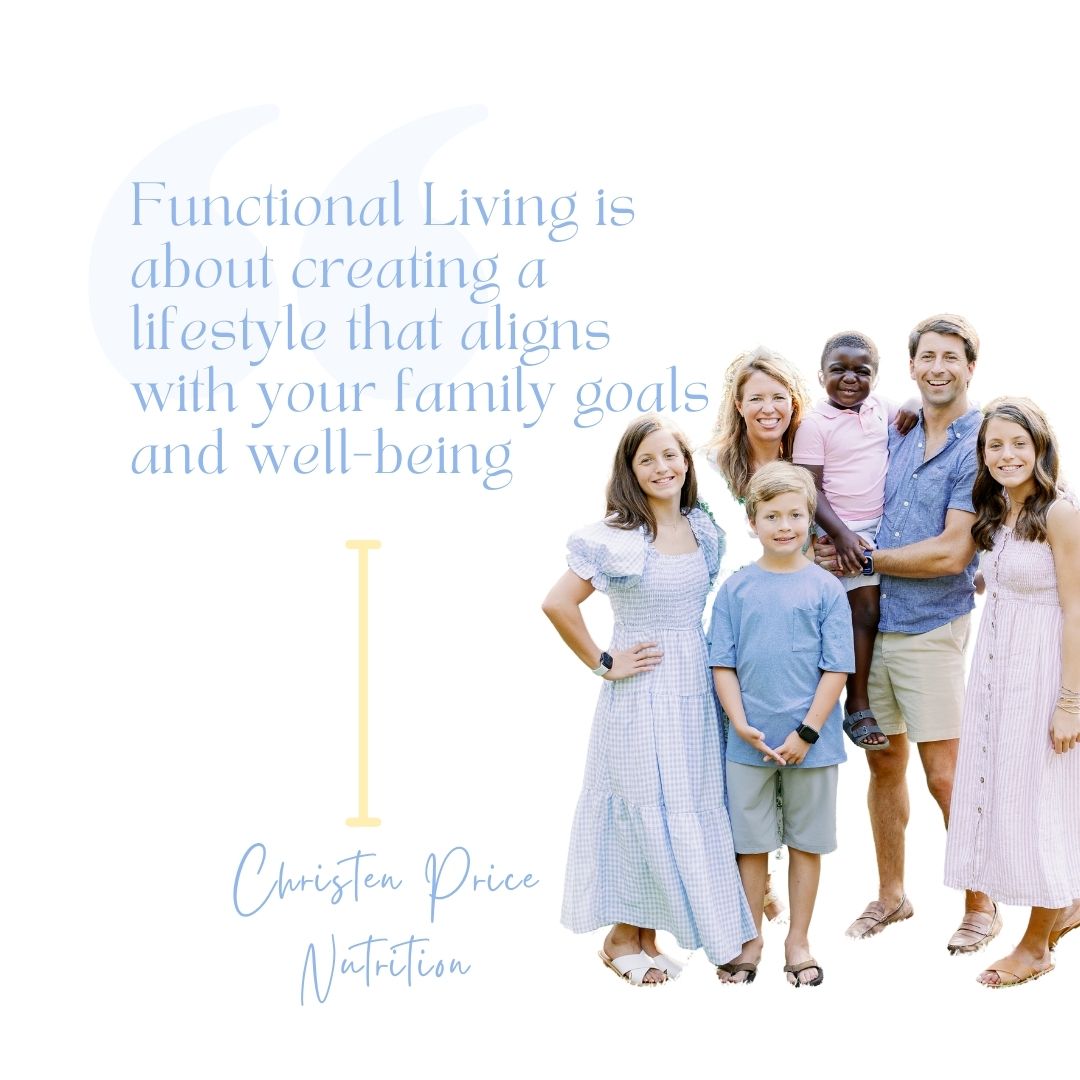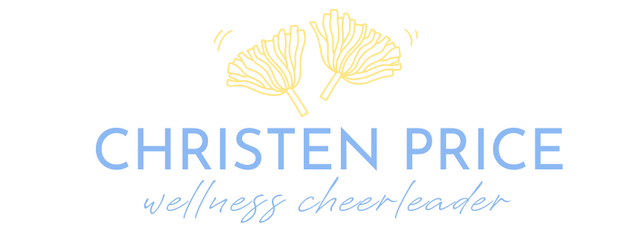Introduction to Functional Living: Creating a Life of Balance and Purpose

In a fast-paced world where people are juggling work, family, and personal responsibilities, it’s easy to feel overwhelmed and disconnected from what matters. This is where the concept of functional living comes into play. Functional living is about creating a lifestyle that aligns with your goals, values, and well-being. It emphasizes simplicity, intentionality, and purpose, helping you live a more balanced and fulfilling life. Whether it’s decluttering your space, optimizing your daily routines, or focusing on mental and physical health, functional living offers a pathway to a healthier, more sustainable lifestyle.
What is Functional Living?
At its core, functional living is about living with intention and purpose. It encourages you to assess the areas of your life—physical, mental, emotional, and social—and make choices that align with your values. Rather than focusing solely on productivity or material success, functional living emphasizes creating a lifestyle that supports long-term well-being.
Think of it as a holistic approach to living: optimizing your environment, routines, and relationships so that they all contribute positively to your overall happiness. This doesn’t mean striving for perfection but finding what works for you, eliminating what doesn’t, and living with greater mindfulness and balance.
The Key Components of Functional Living
1. Decluttering and Organizing Your Space
Our physical environment can significantly impact our mental and emotional health. Clutter often leads to stress, anxiety, and a sense of chaos. Functional living encourages you to create spaces that are practical, comfortable, and free from unnecessary clutter. The goal is to design an environment that supports your daily life and well-being.
This doesn’t mean adopting a minimalist lifestyle (unless that’s what you desire), but it involves being intentional about what you keep. Ask yourself: does this item serve a purpose? Does it bring joy or make life easier? You can create a more peaceful and productive environment by surrounding yourself with things that add value to your life.
2. Streamlining Routines and Habits
Functional living simplifies your daily routines to focus on what truly matters. Whether it’s your morning routine, meal preparation, or exercise schedule, building habits that save time and energy while promoting health and happiness is important.
For example, meal prepping can save you time and reduce stress, allowing you to eat healthier without the daily hassle of deciding what to cook. Similarly, practicing short, intentional morning routines—like stretching, journaling, or meditating—can set a positive tone for the rest of your day. By focusing on efficiency without compromising quality, you can streamline your life to allow for more freedom and relaxation.
3. Fostering Healthy Relationships
Social connections are essential for a happy, functional life. Functional living encourages you to nurture relationships that add value and joy to your life, whether it’s spending quality time with family, building strong friendships, or fostering professional connections. Prioritize meaningful interactions and set boundaries with relationships that may drain your energy or negatively impact your well-being.
4. Prioritizing Mental and Physical Health
Health is a foundational element of functional living. Making time for physical activity, mental wellness, and relaxation ensures that you’re living in a way that supports long-term well-being. It’s not about extreme diets or rigid exercise routines but finding sustainable ways to care for your body and mind. Whether it’s regular walks, practicing mindfulness, or getting adequate sleep, functional living prioritizes balance and wellness.
Why Functional Living Matters
Functional living offers a refreshing alternative in a world that often equates busyness with success. It invites you to slow down, reflect, and make choices that lead to a life that’s both efficient and meaningful. When you live functionally, you focus on what truly matters: your well-being, relationships, and personal growth.
Functional living is more than just a trend—it’s a long-term approach to cultivating a balanced, purposeful, and fulfilling life. It’s about creating a lifestyle where everything, from your environment to your habits, works together to support your happiness.
By embracing functional living, you can reduce stress, improve your well-being, and lead a life that aligns with your values and goals.


